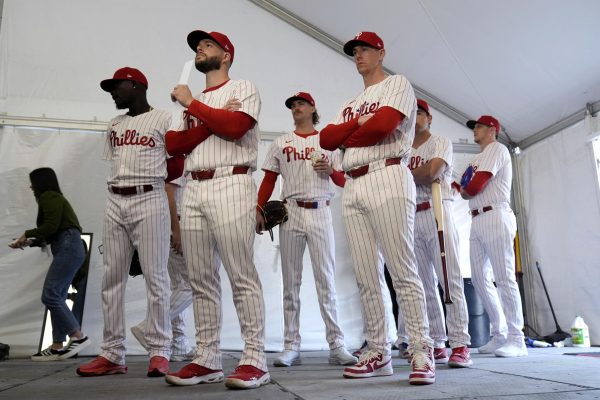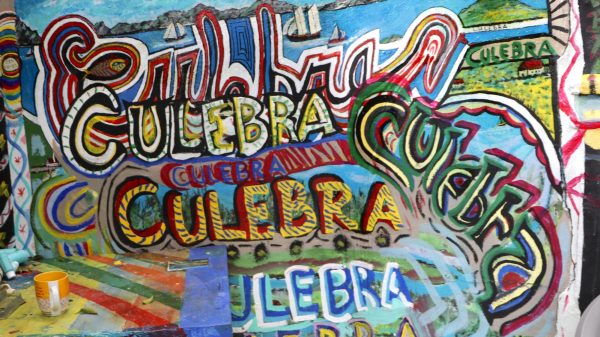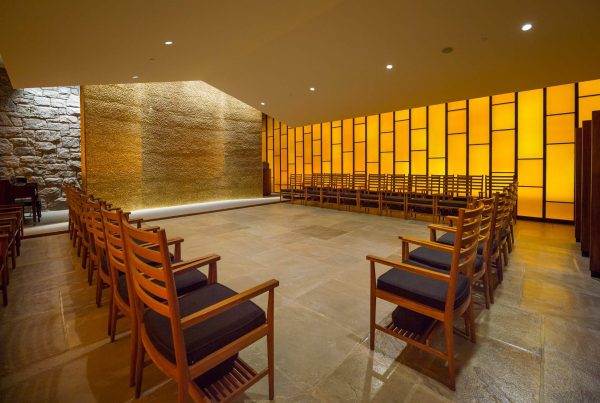Greeks Going Pro: Creating Brotherhood
For some fans, sports are so much more than just a hobby or a pastime. Sports can control a person’s life, for better or for worse, and alter the way in which they look at the world and those non-fans who surround them. For certain fans, the clear choice of sport is baseball or basketball while for others, the only thing that matters in life is football. Some are just fans of sport in general
and will follow anything as long as a person or a team can win or lose.
Still, one thing remains universal amongst the sporting faithful. For all of these fans, the athletes who make or break their dreams are nothing less than Greek gods, or at least heroic warriors. However, before these athletes can rise to become champions of epic proportions in the fields/artificial turfs of battle, they must ascend through the rigorous ranks of collegiate training. None who survive this test are more prepared to achieve their athletic destiny than the Greeks themselves.
From Babe Ruth to Jack Nicklaus to Michael Jordan, college fraternities have produced some of the greatest men ever to play their respective sports.
As every baseball fan knows, Ruth was probably the most iconic player in the history of the sport with a larger than life…personality. He dominated the sport in every sense imaginable, first as an amazing pitcher with the Boston Red Sox and then as one of the best hitters of all time with the New York Yankees. He won seven World Series titles and an MVP award. But where, exactly, did his amazing abilities come from? None other than Greek fraternity Alpha Delta Gamma.
As every golf fan knows, Nicklaus is considered to be one of the greatest golfers to ever play the game. He has the most majors of all time with 18, is second in PGA tour victories with 73 and has won the Masters a record six times. He was ranked number one in the world from 1968 to 1977 and was inducted into the World Golf Hall of Fame in 1974. More prudently, Nicklaus won the U.S. Amateur Championship twice and an NCAA championship as a member of Phi Gamma Delta at Ohio State University.
As every basketball fan knows – actually as every person in the world knows – Jordan is essentially the greatest ever in his sport (that would be basketball, not baseball or golf). For his career, Jordan averaged 30 points, 6 rebounds and 5 assists per game. He won six championships with the Chicago Bulls, three-peating on two separate occasions and was named Most Valuable Player of all six finals. Before his professional career blossomed, Jordan was a star at the University of North Carolina where he was a brother of the Omega Psi Phi fraternity.
Jordan’s fraternity, Omega Psi Phi, is the Greek home to some of the most well-known African-American athletes in a wide variety of sports. In addition to Jordan, Omega housed basketball greats Vince Carter and Shaquille O’Neal. Football giants Ed “Too Tall” Jones, Steve McNair, Jerry Ball, Mark Duper and Keith Jackson were all Omega brothers. Baseball is represented by Brooklyn Dodgers pitcher Joe Black and Red Sox favorite Mo Vaughn.
Phi Beta Sigma has their fair share of well-known, outstanding athletes as well, most notably Jerry Rice, Emmitt Smith and Ryan Howard. Rice is without a doubt the best wide receiver in NFL history, holding numerous records including receiving yards and touchdowns. Smith is high up on the list of running backs, holding the record for most rushing yards, and Ryan Howard has won the rookie of the year award and an MVP.
The Sigmas also have a few famous football stars to their name: Troy Aikman, Mike Ditka and Eli Manning of Sigma Alpha Epsilon, Sigma Chi and Sigma Nu, respectively.
Regardless of where these heroes hail from, all share in a bond of brotherhood, just as in some strange manner the crazy, worshipping fans do. When the game is over and one side has emerged victorious, led by their Greek warrior-god, the fans and players can go back to their respective fraternities and lament or rejoice together. Like the gladiators of Rome (yes, I know it’s not Greek but the Romans pretty much stole everything from the Greeks anyway), athletes prove their honor in the arena with and against their brothers. What happens in the game ends as soon as it begins, but the brotherhood remains.
In sports, as with anything else in life, your individual greatness does not always matter. You can be considered one of the best, but you have no shot at being the best until you get a championship and you have no shot at that unless you have a team of brothers behind you. Would Babe Ruth have won as many World Series without Murderers Row? Would Michael Jordan have won six titles without Pippen and Rodman? Would Jerry Rice have won three Super Bowls and been as great without Montana and Young?
These men are now the heroes of many. In one way or another, their time spent in Greek Life helped them become so.









